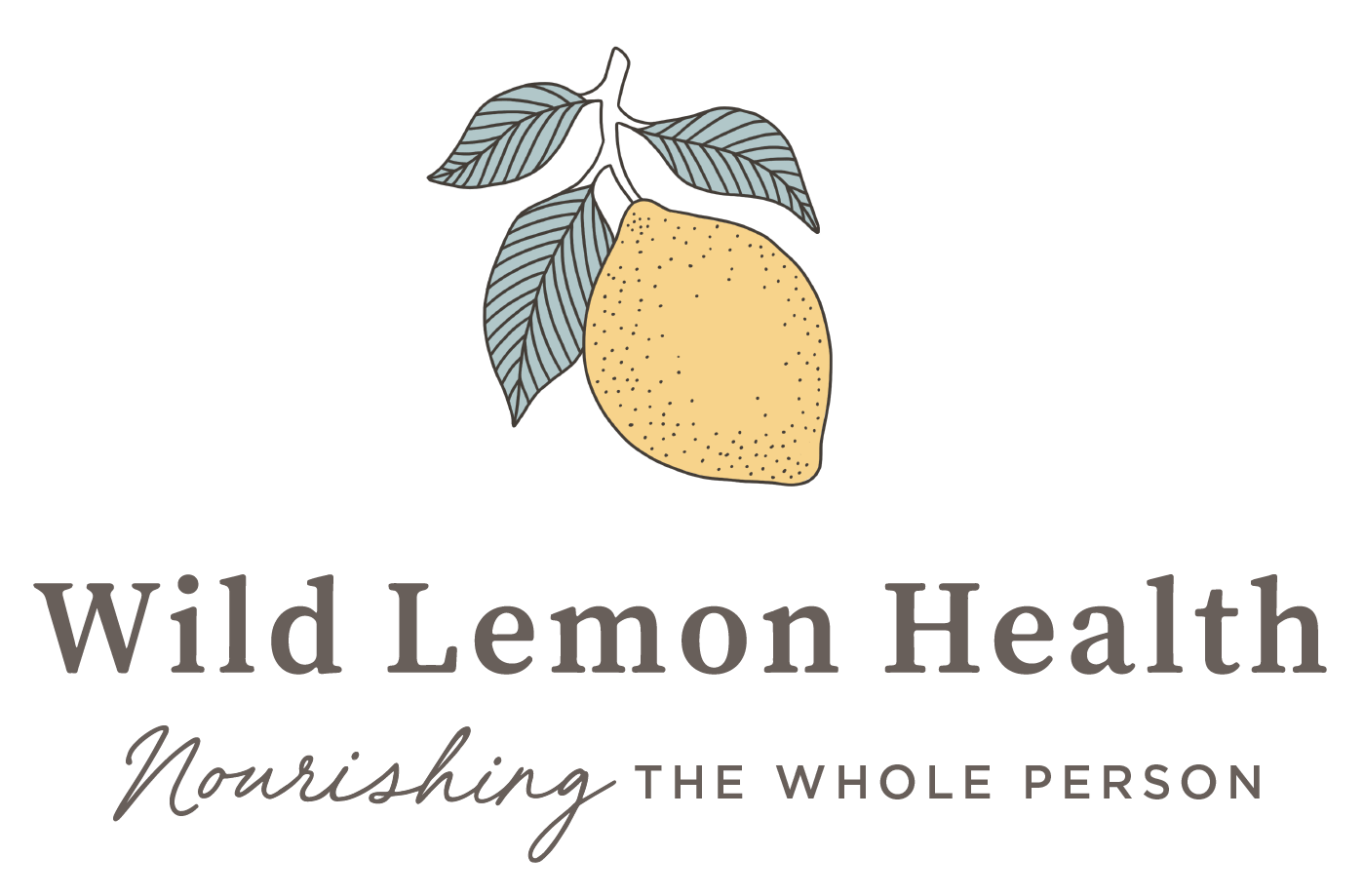The effect of belief
A new study on antidepressants came through my inbox and I couldn’t get it out of my mind.
Depression and anxiety are big topics and could not be covered in a single article. Still, to give you an idea of my jumping off point before we dive into this study, I prescribe to the idea that our understanding of depression or anxiety simply as a neurotransmitter deficiency is falling short and successful treatment means looking at the entire body ecosystem including the gut, immune system, hormones, blood sugar balance, toxic exposures and adverse childhood experiences.
Even leading researchers have voiced that the relationship between serotonin and antidepressants isn’t necessarily linear. In practice, I’ve seen patients have a range of experiences with antidepressants. I’ve worked with people wanting to avoid medication in the first place, to those wanting to taper off because of adverse effects, to those who found them to be a godsend at a particular moment.
Which leads to the pivotal question: if we can agree that the promise of antidepressant may have been oversold then why are they working for some?
Enter the power of belief. Researchers in Sweden gathered a group of 47 people with social anxiety disorder and split them into two groups. All participants were given a 20 mg dose of Escitalopram (Lexapro), but one group was told they were being given the drug (overt group) and the second group was told they were being given an active placebo (covert group). The researchers found that those who were in the overt group, had a 50% response rate compared to the covert group which only responded at 14%!
The mind, ultimately, had a statistical impact on efficacy. This is cause for inspiration, in my opinion. That our innate healing capacity is no small thing.
For example, in the practice of yoga nidra, students are instructed to set an intention. This container or heartfelt desire creates the view through which we participate in the practice. In non scientific terms, it supercharges the healing potential.
Part of why this study sat with me was the data. It’s pretty remarkable! But, also because I immediately started to wonder, how do we best take this info and get it into our bones?
In oversimplified terms, the logic could flow that it all rests on our belief. The reason X hasn’t healed, is because I’m not believing enough. Anyone with even the smallest tendency towards self-aggression might relate. I try to remind myself that studies like this help poke out at our sense of certainty. Keep us wondering and learning about the complex depth at play.
I’d urge you more than anything to just marinate in the information. What does it elicit in you about the power of belief? Your own thoughts on healing and well-being? Your capacity for agency when it comes to your own health?
Rather than seeking a concrete answer, I think the exploration is beneficial.
With kindness,
Antonella

